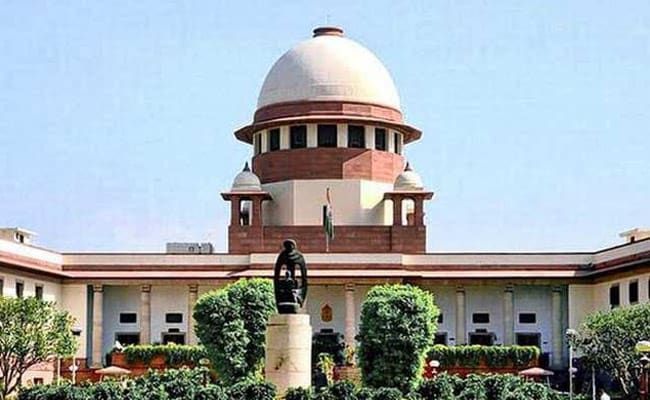
New Delhi:
In a big relief to about 17 lakh madrassa students in Uttar Pradesh, the Supreme Court today paused an Allahabad High Court order scrapping the UP Board of Madarsa Education Act, 2004. This allows about 16,000 madrassas in the state to continue functioning under the 2004 law.
A bench led by Chief Justice of India DY Chandrachud said that the high court decision was prima facie not correct and asked the Uttar Pradesh government. The court also issued notices to the Madrassa board and the central and UP governments, and posted the matter for further hearing in the second week of July.
The high court had last month declared the 2004 law “unconstitutional” for violating the principle of secularism and directed the government to accommodate the madrasa students in the formal education system.
The Supreme Court put it on hold on Friday, saying that the aims and objectives of the Madrassa Board are regulatory in nature and that the establishment of Madrassa Board itself will not affect secularism.
CJI Chandrachud said the issues that have been raised merit closer reflection.
The court said the judgment will impinge on future of 17 lakh students in 16,000 madrassas and pointed out subjects like math, science, and social studies are also taught in madrassas.
The central and state governments backed the high court judgment in the Supreme Court, with the centre saying suspected entanglement of religion and other relevant issues must be debated.
Senior advocate Abhishek Manu Singhvi, representing the madrassas, said religious education cannot mean religious instruction and that the high court order will leave 10,000 madrassa teachers and 17 lakh students in lurch.
However, the state government said it has made arrangements for the teachers and students.
Mr Singhvi argued it is wrong to say madrassa education doesn’t have quality, isn’t universal in nature and is not broad-based. Singling out the madrassas for ban is discriminatory and the Supreme Court had said so in the Aruna Roy vs Union of India, 2002 verdict, he pointed out.
#Supreme #Court #Stays #Order #Madrassas #Impacting #Lakhs